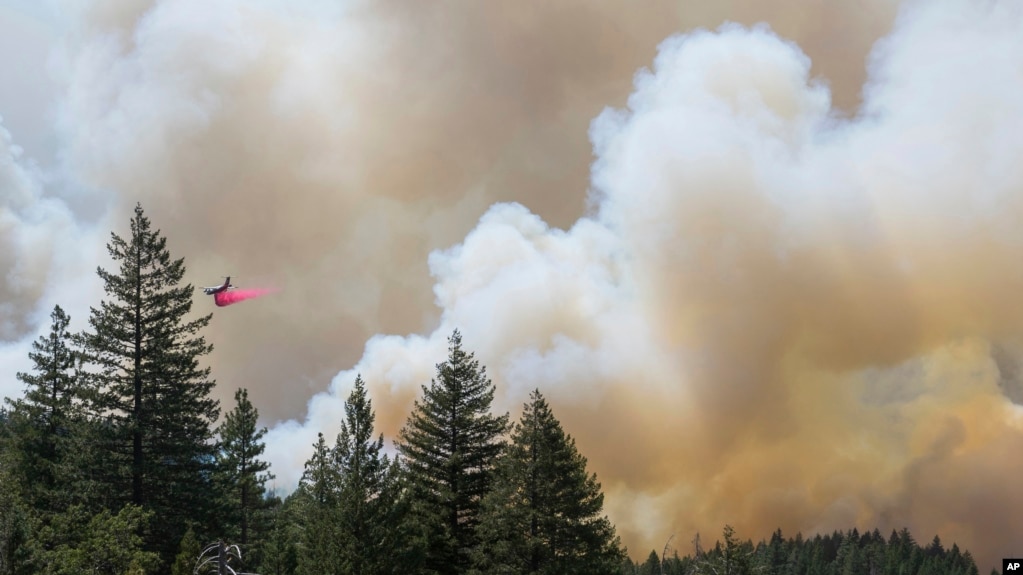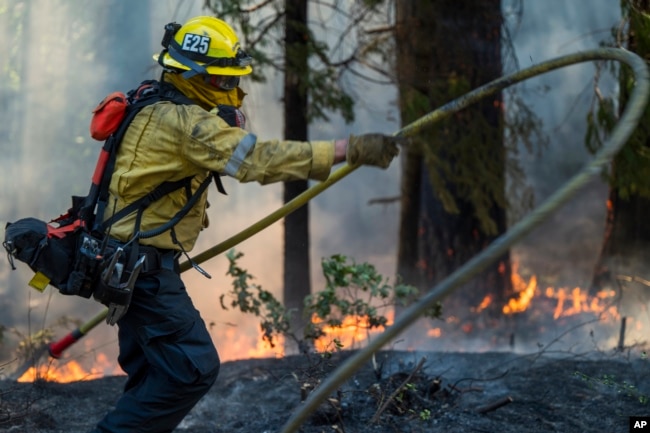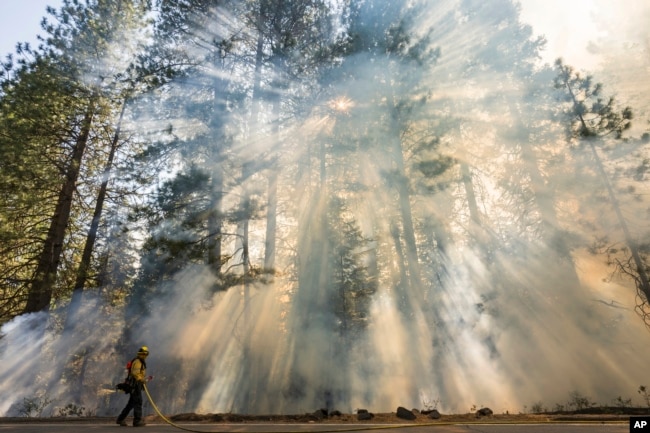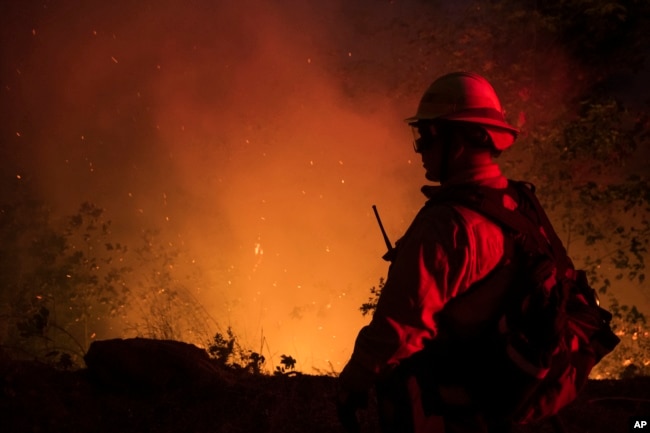AUDIO
Study: Particles in Wildfire Smoke May Increase Dementia Risk

A new study suggests that particles found in wildfire smoke could increase the risk of getting dementia.
Dementia is a progressive brain condition that causes thinking problems and other health issues. There are several forms of dementia, including Alzheimer’s disease.
Researchers reported the new findings about wildfire smoke at the recent Alzheimer’s Association International Conference in Philadelphia, Pennsylvania.
The study centered on a substance called PM2.5. The substance is known as particulate matter, a mixture of small, solid particles and water droplets found in the air.

PM2.5 particles are about 30 times smaller than a human hair. They can be breathed into the lungs and then move on to the blood stream. Existing evidence shows this kind of pollution – from traffic, factories and fires – can cause or worsen heart disease. The new study finds it could also raise dementia risks.
Claire Sexton is the director of scientific programs for the Alzheimer’s Association. She said in a statement the study shows that increasing wildfires, especially in the American west, are “an increasing threat to brain health.” Sexton added that the findings demonstrate “the importance of enacting policies to prevent wildfires and investigating better methods to address them.”

Researchers from the University of Washington and the University of Pennsylvania carried out the study. They examined health records of 1.2 million older adults in Southern California between 2009 and 2019. The scientists used air quality monitoring and other data to estimate how much PM2.5 was released from wildfire smoke or other ways over three years.
The study found the risk of being diagnosed with dementia increased about 21 percent for every 1 microgram increase in the concentration of wildfire particles. That compared with a 3 percent increased risk for every 3 microgram increase in non-wildfire particles.

It is not clear why this difference exists. But with wildfires increasing, this issue needs more study, said Alzheimer’s Association chief science officer Maria Carrillo. She said it is especially important because the risk of Alzheimer’s – the most common form of dementia – is higher for lower-income populations who may have a harder time avoiding unhealthy air.
Carrillo noted that health warnings urge staying indoors when air quality is poor. But she added, “there are a lot of people who don't have the option to stay home or they work outside.”
_________________________________________________
Words in This Story
address - v. to speak about a particular subject or issue
monitor – v. to watch something carefully and record the results
diagnose – v. to say what is wrong with a person who is sick
concentration – n. a large number or amount of something in the same place
option – n. something that may be chosen
https://learningenglish.voanews.com/a/study-particles-in-wildfire-smoke-may-increase-dementia-risk/7725968.html